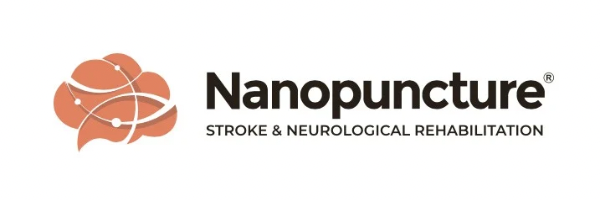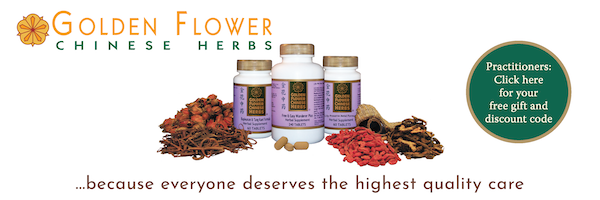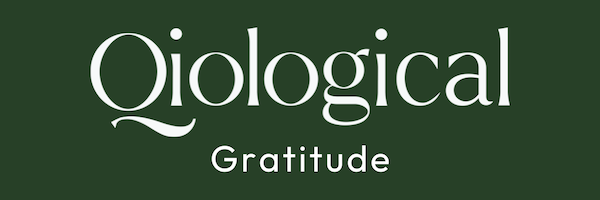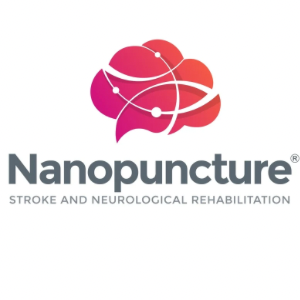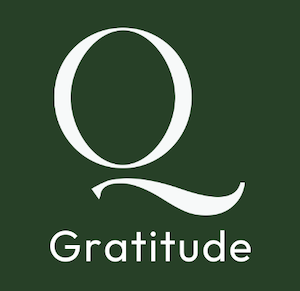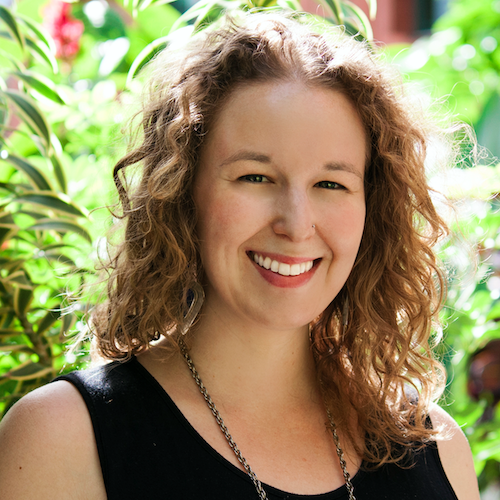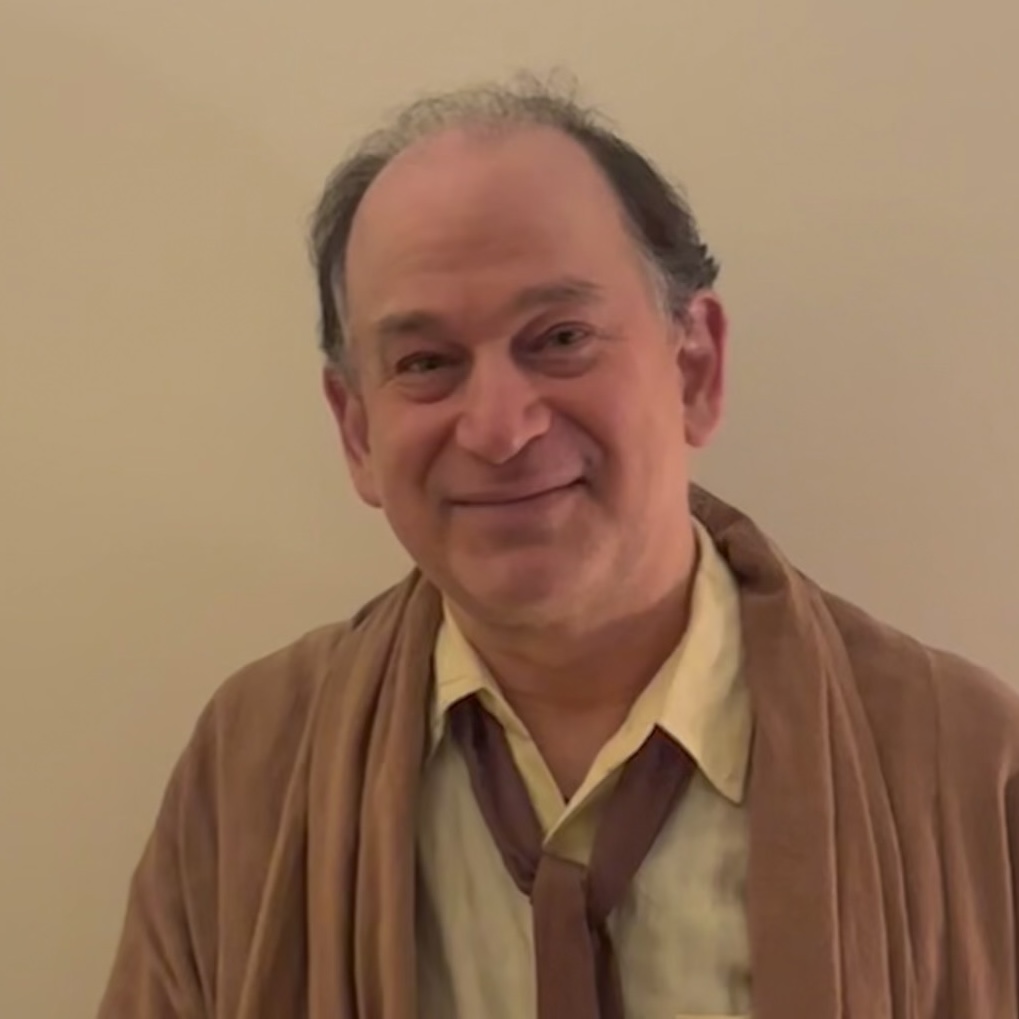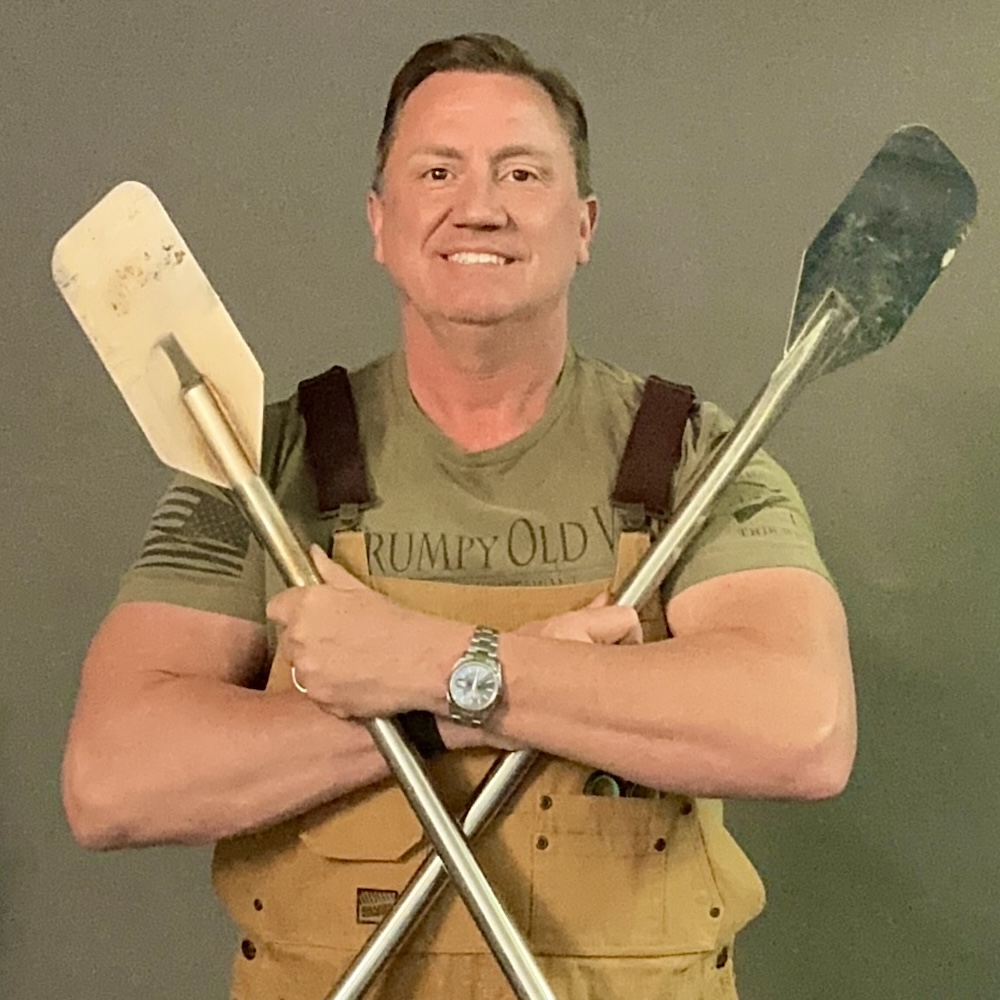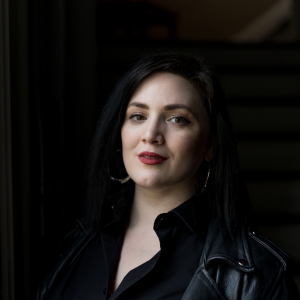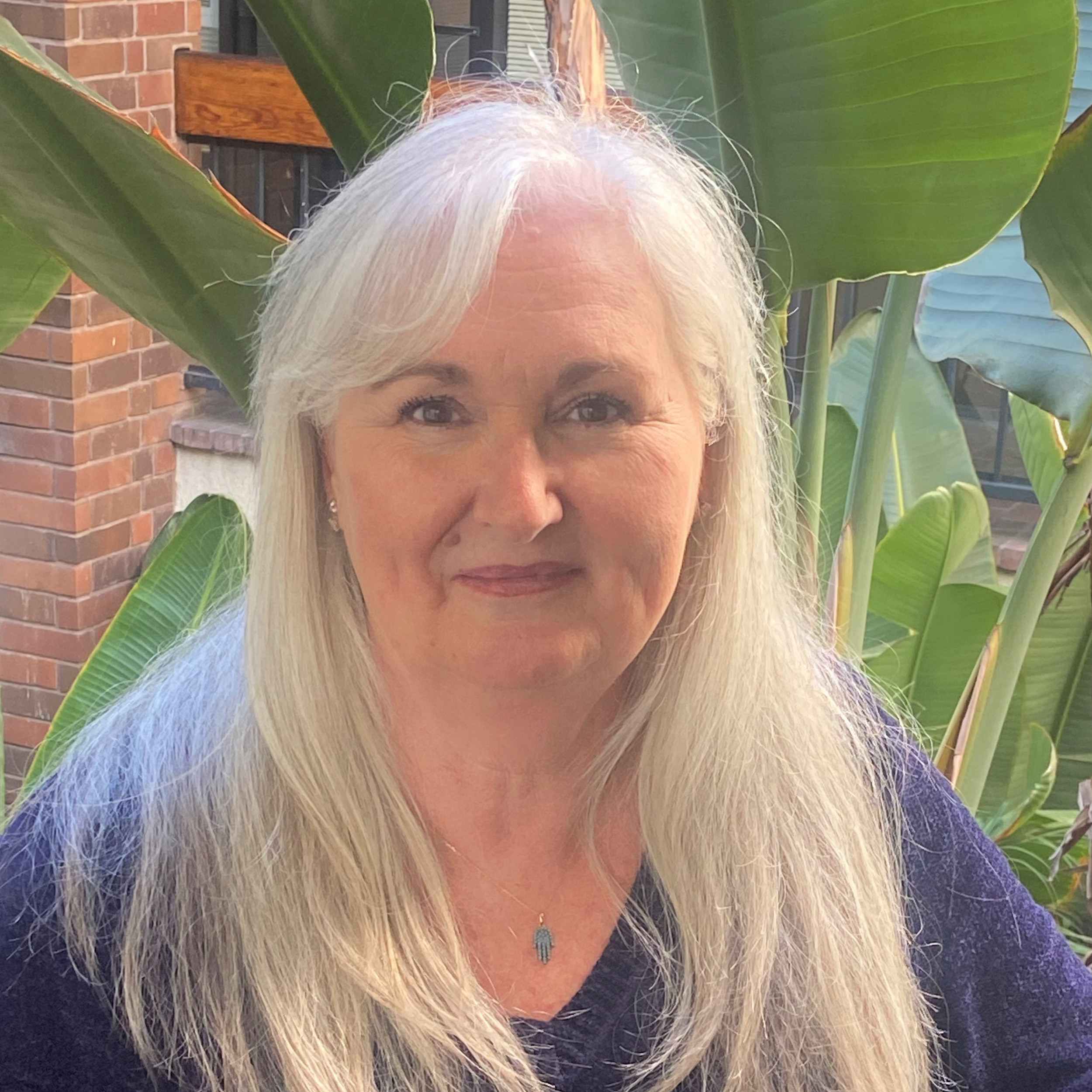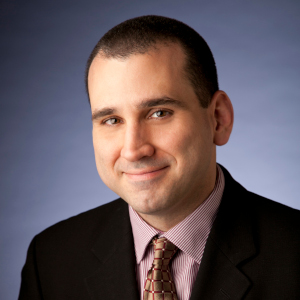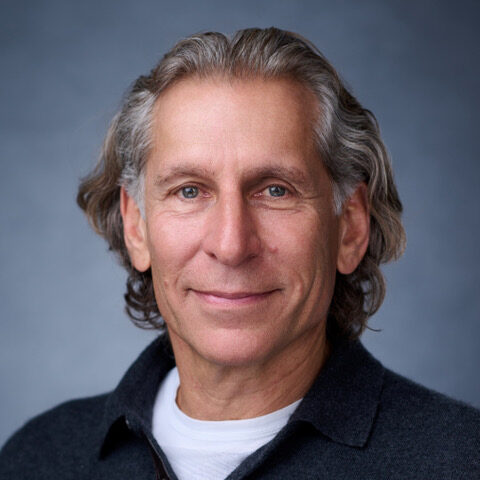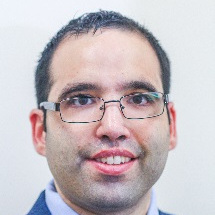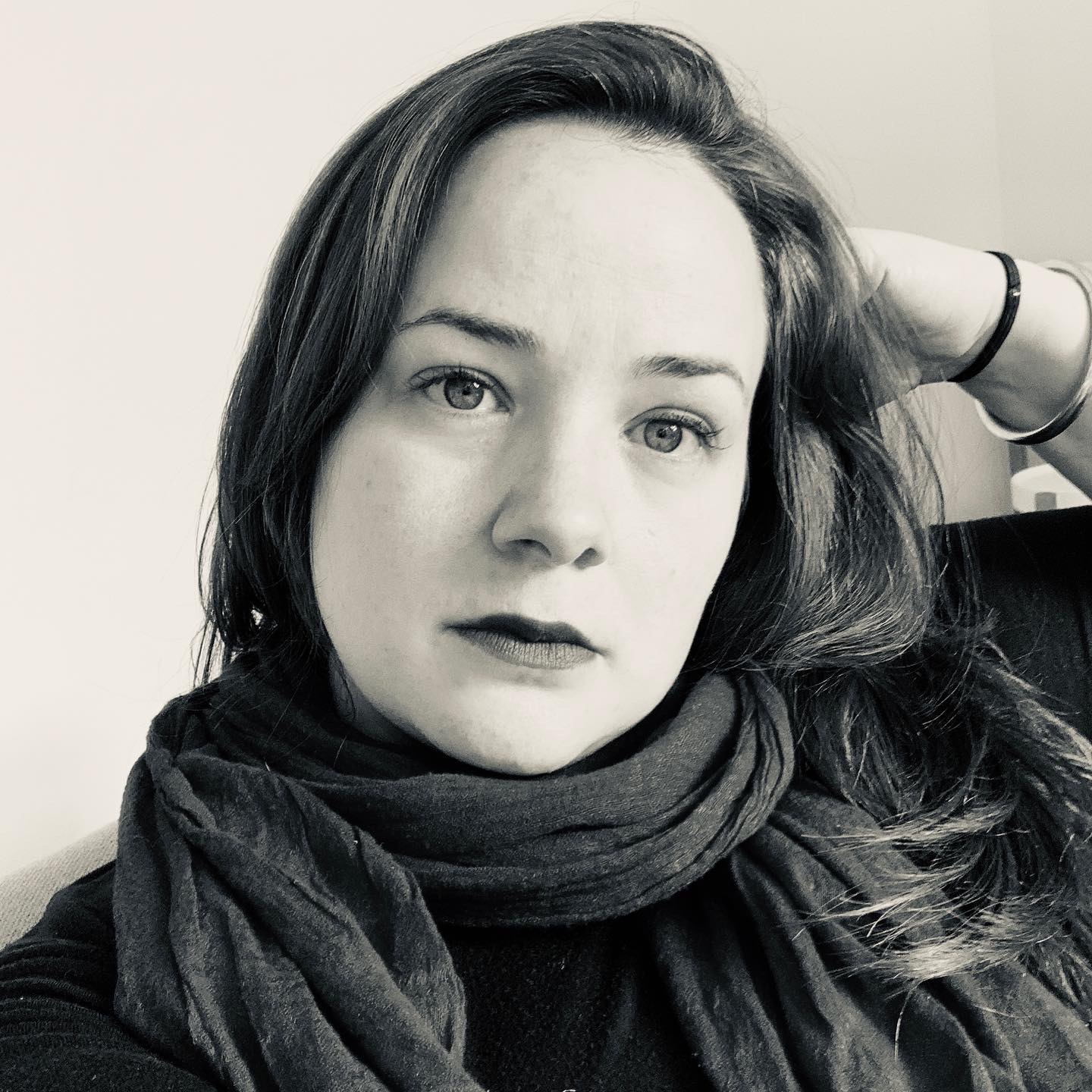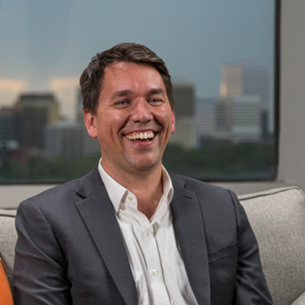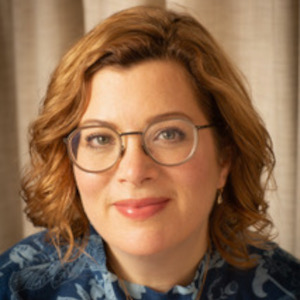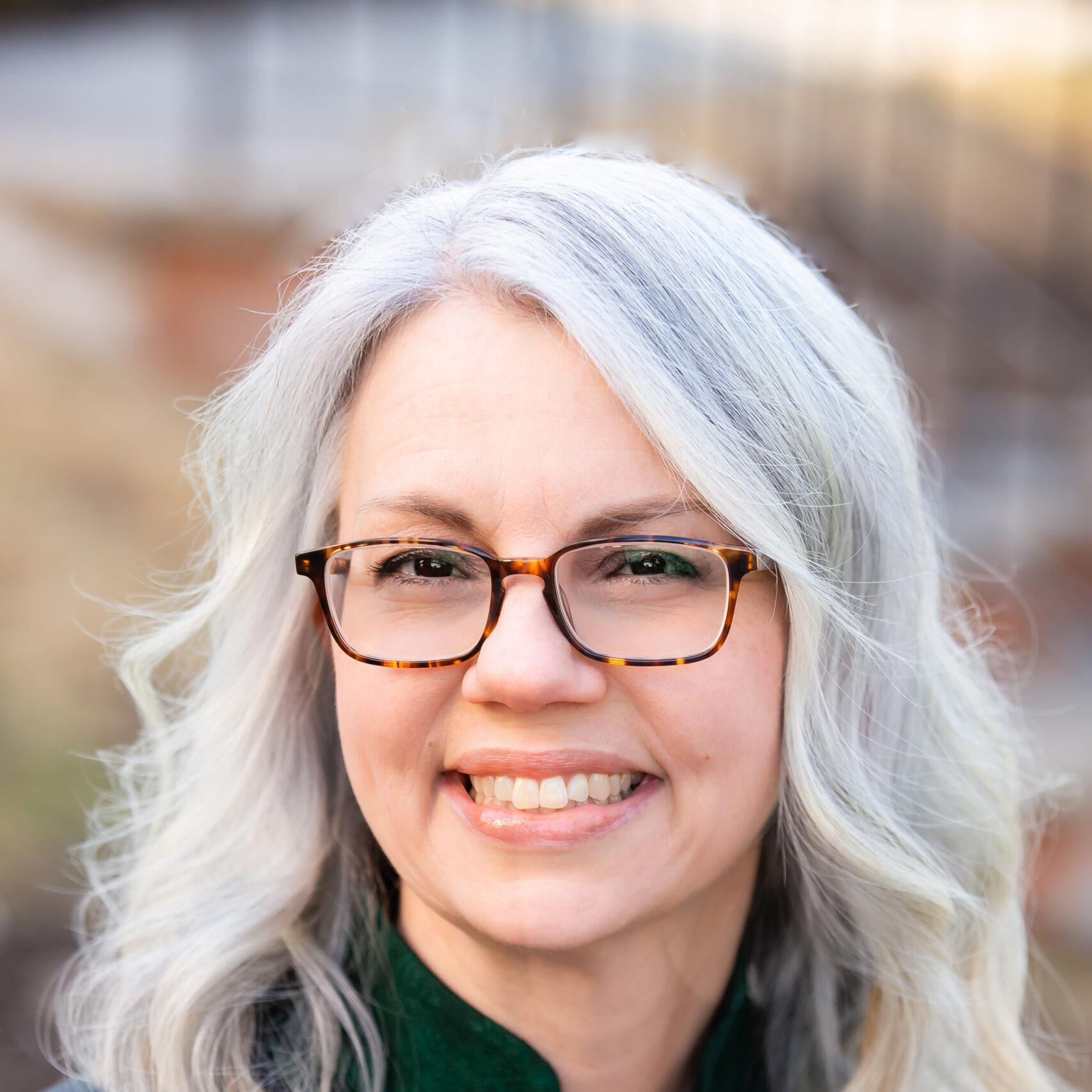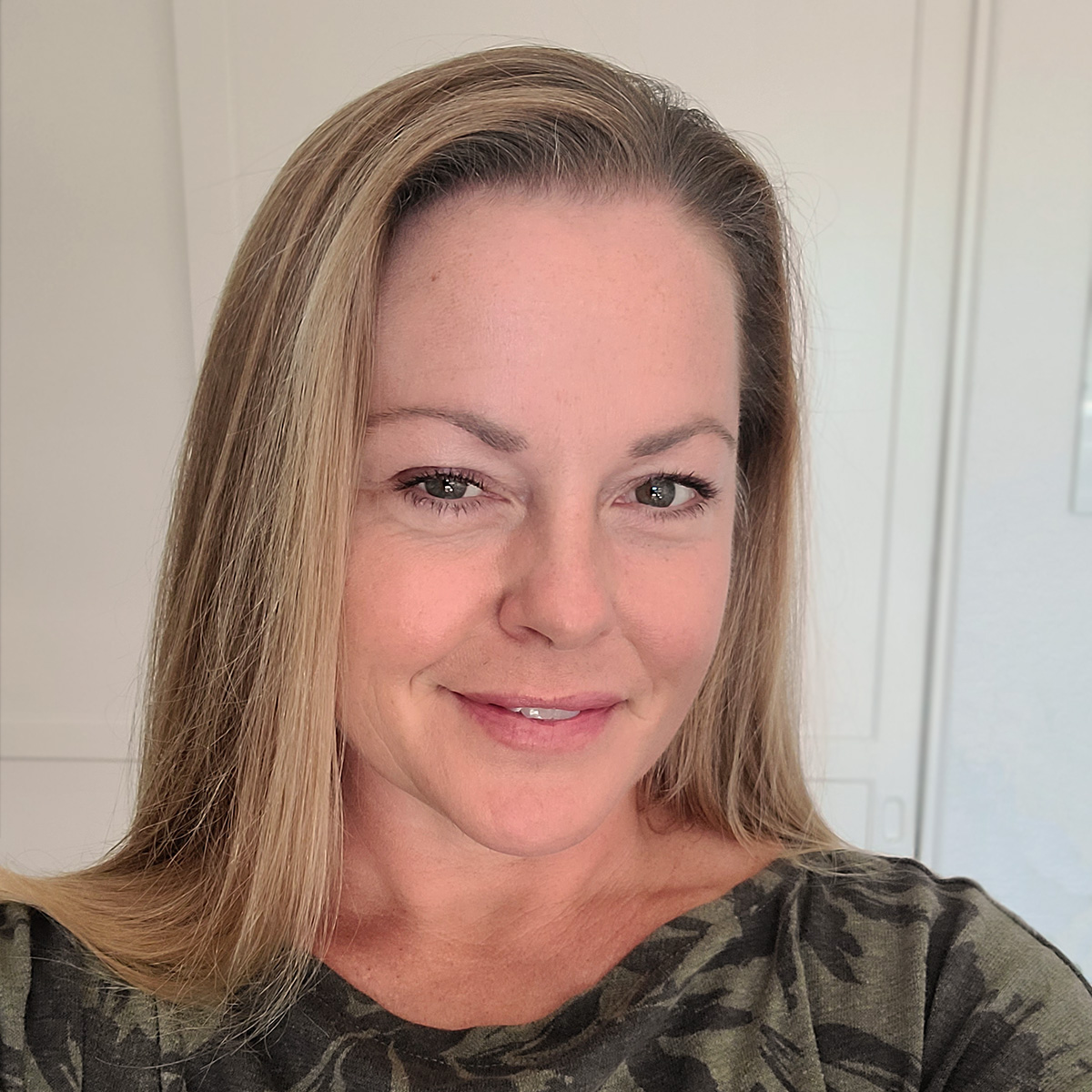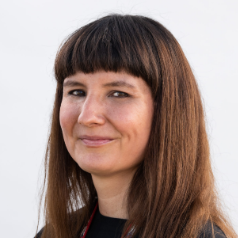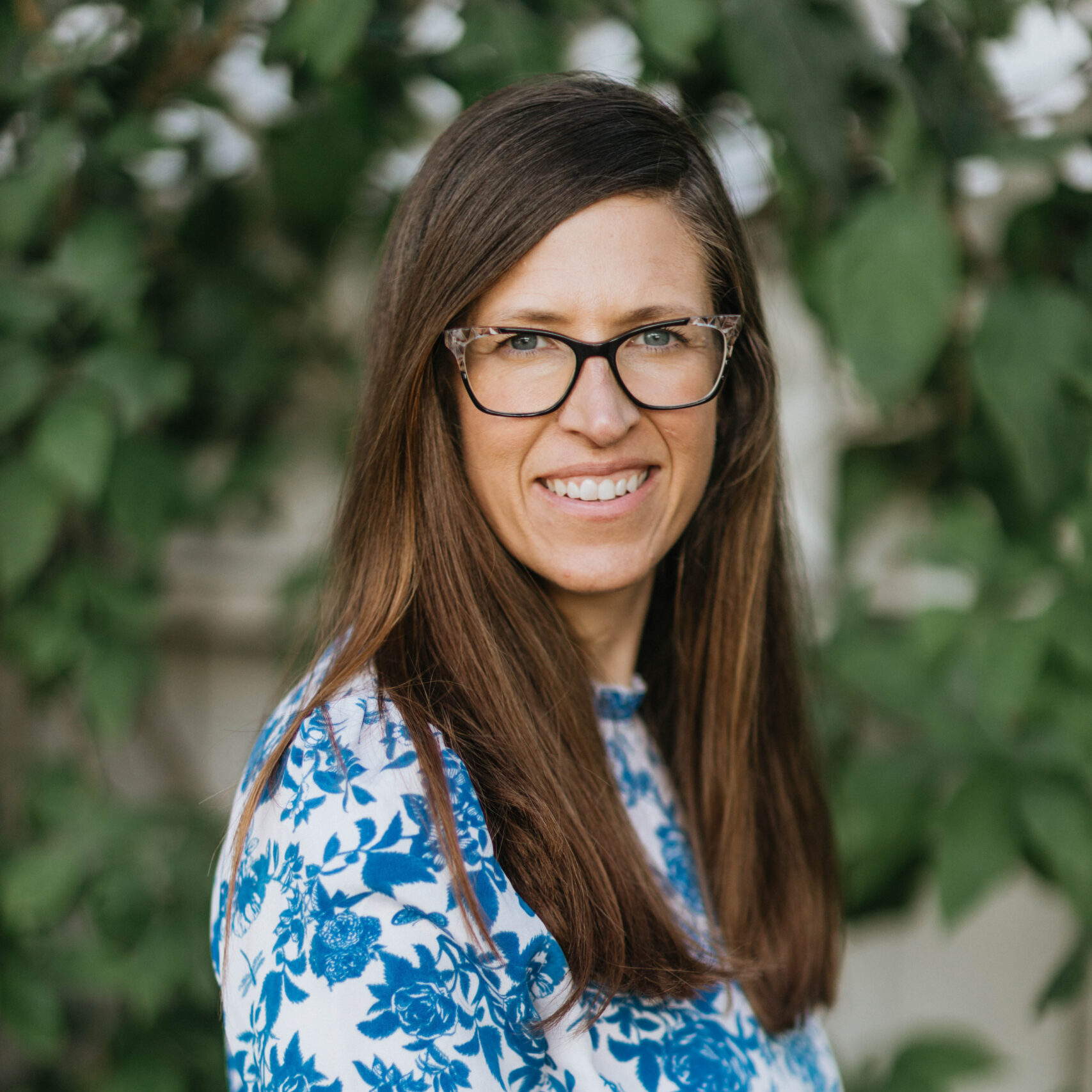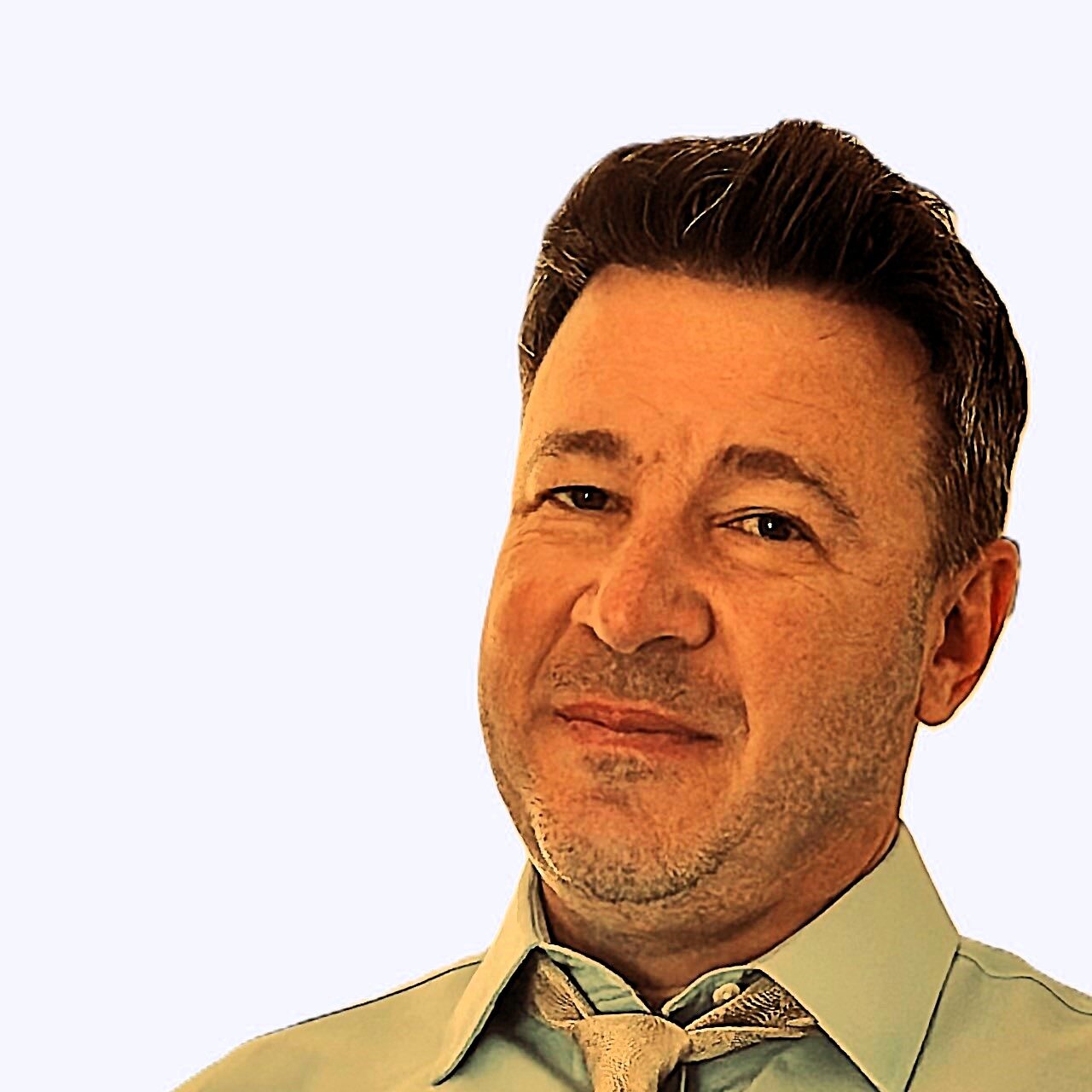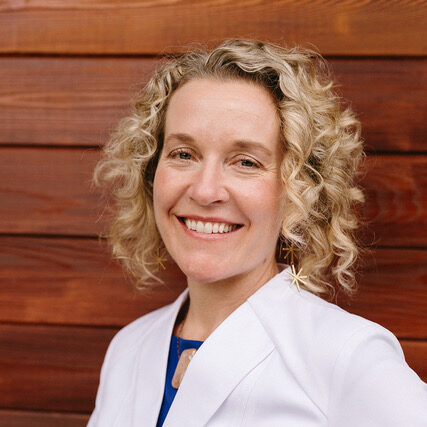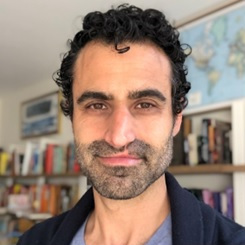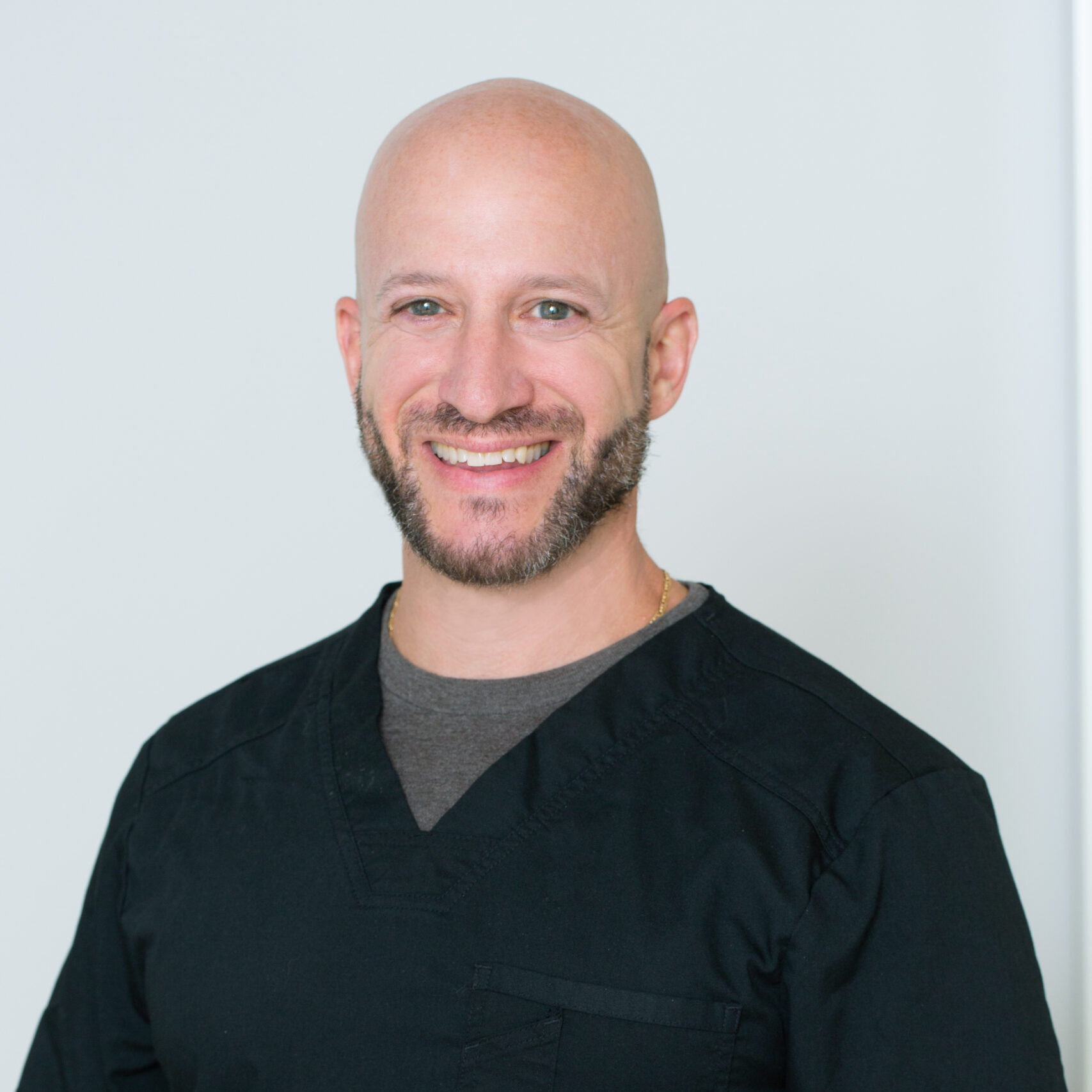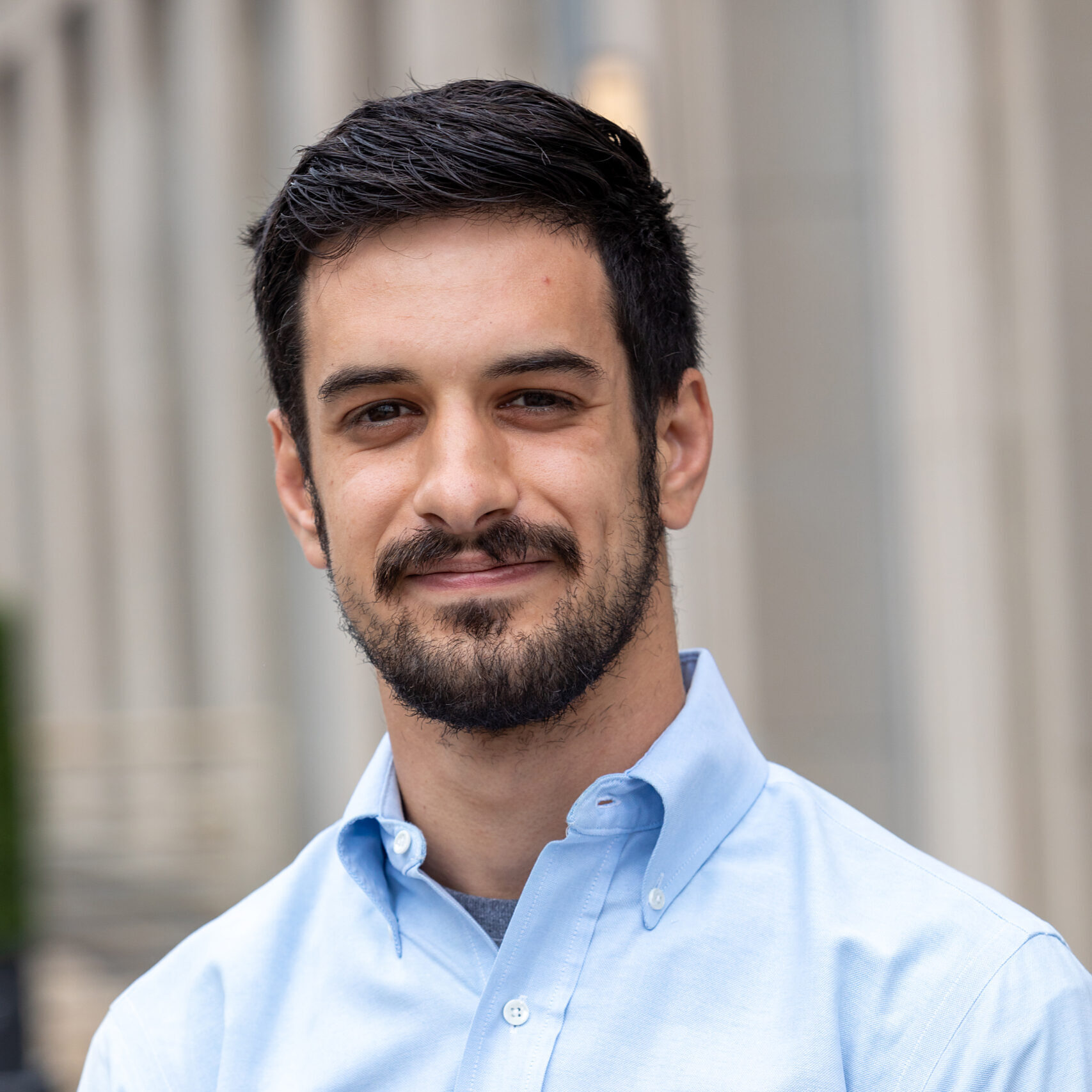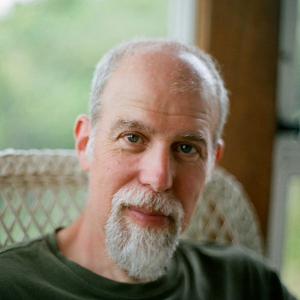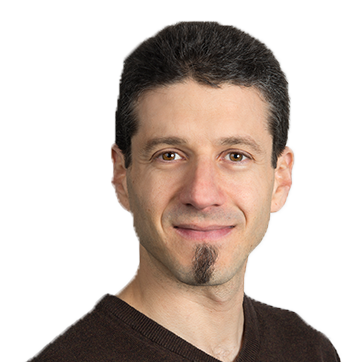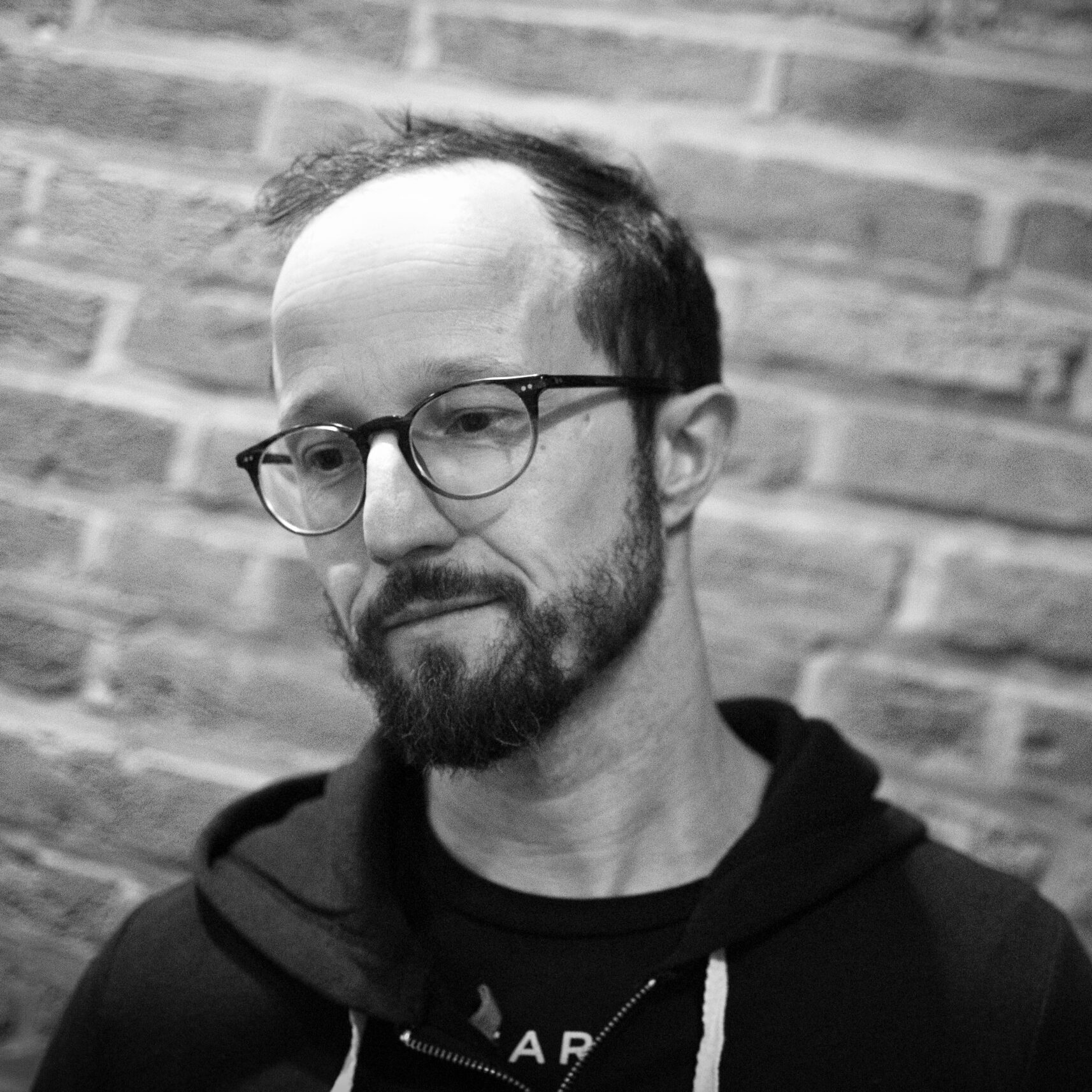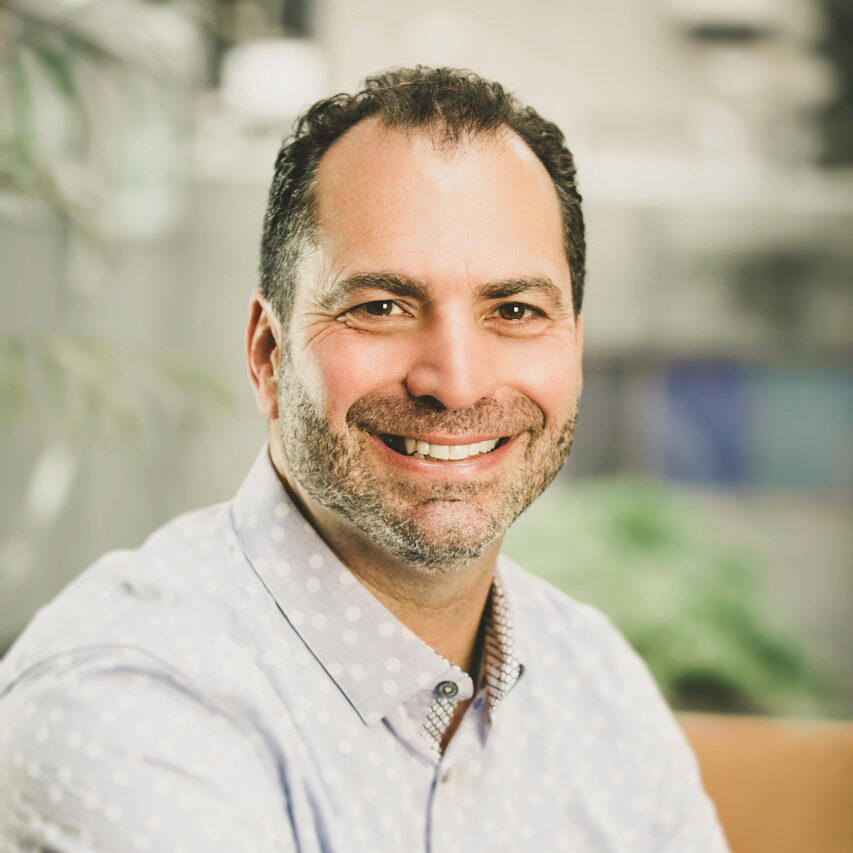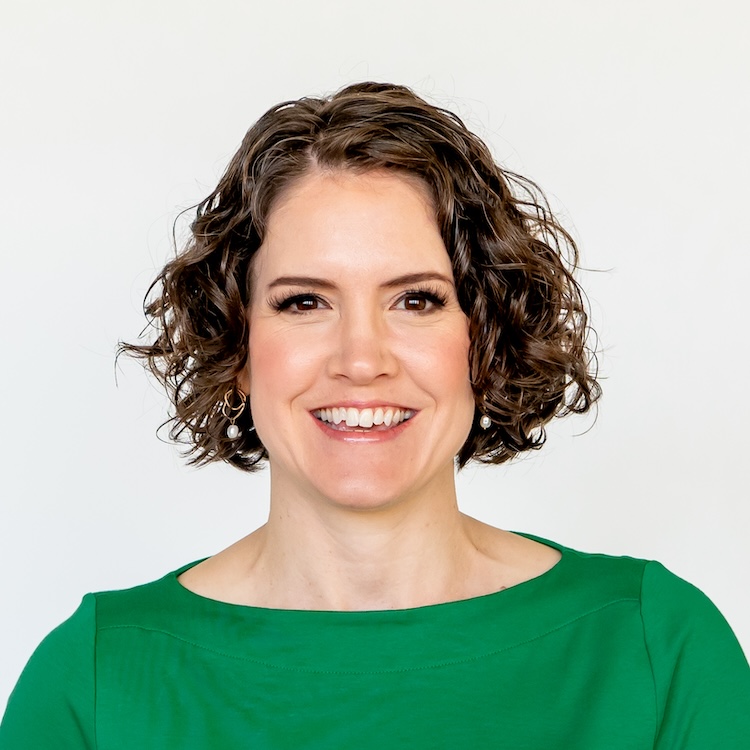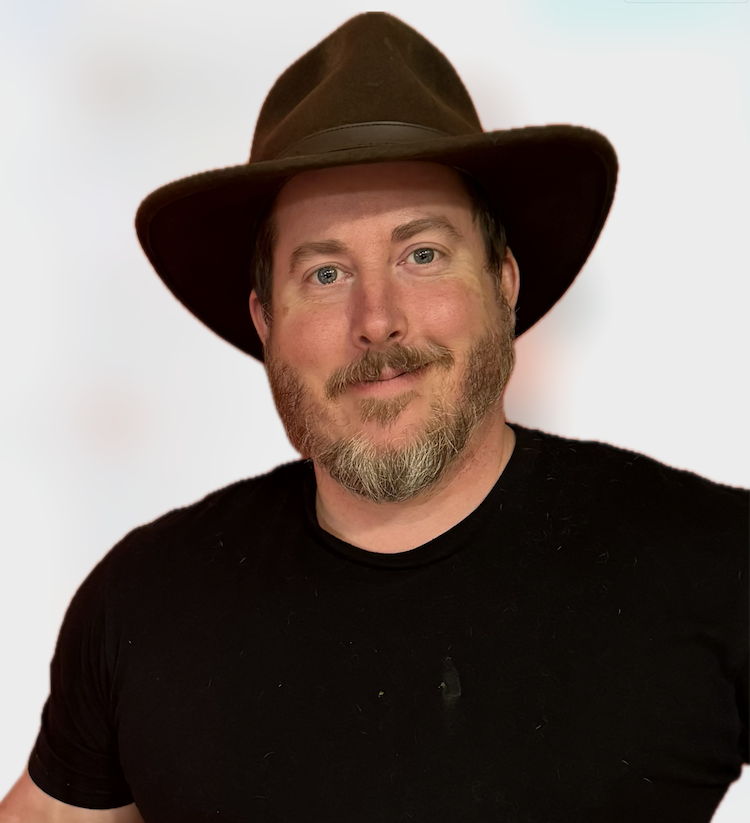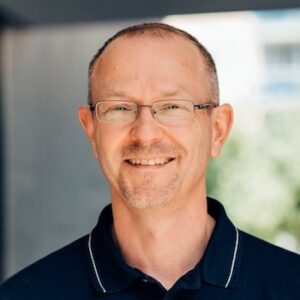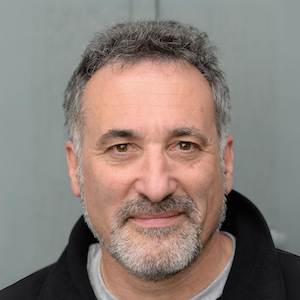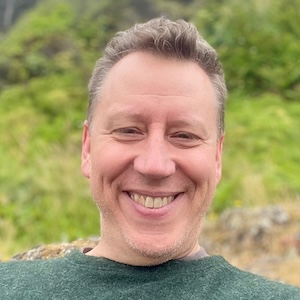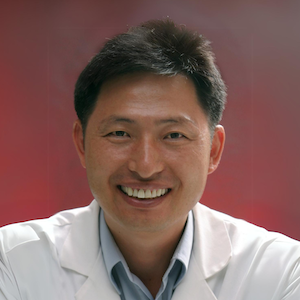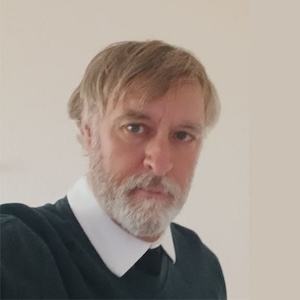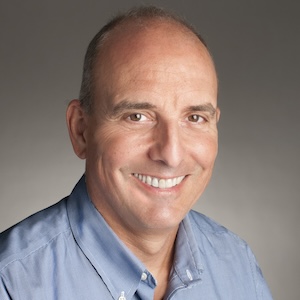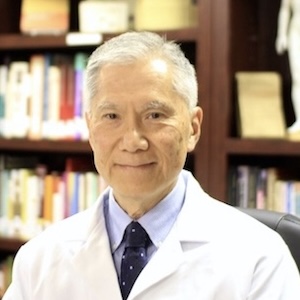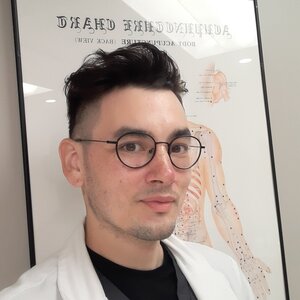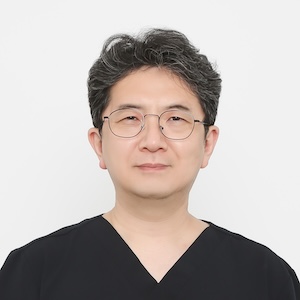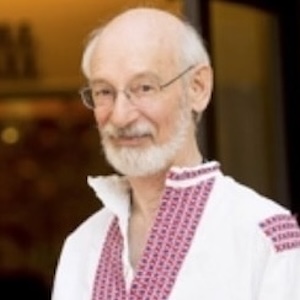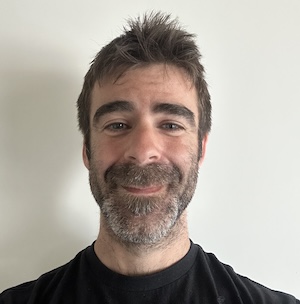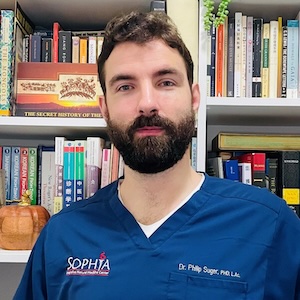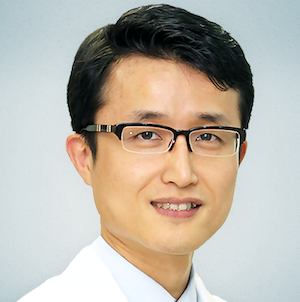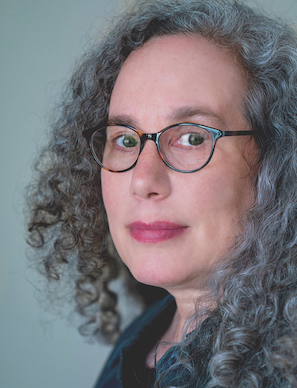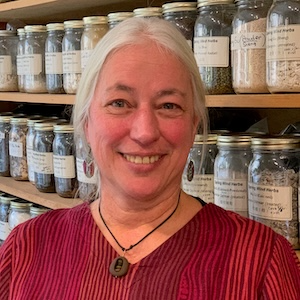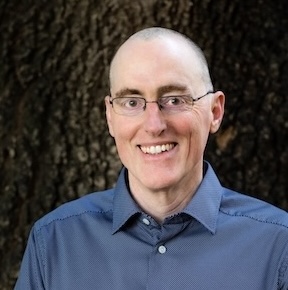Zhuang Zi says, “Words exist because of meaning. Once you've gotten the meaning, you can forget the words. Where can I find a man who has forgotten words so I can talk with him?”
Any seasoned practitioner will tell you that skillful use of language and the ability to listen beyond words is an essential aspect of clinical practice.
In this conversation with Randy Clere we explore the use of language not only so that we may better understand our patients, but so that they may better understand themselves.
Listen into this discussion of how the fluid medium of language facilitates connection, rapport and presence.
In This Conversation We Discuss:
- Hexs, blessing and diagnoses
- Being empty enough to provide a safe container
- Meta-models and the power of How, What, When and Where
- About intention
- Unpacking a diagnosis, “what does this mean to you?”
- Somatic experiencing and the Vagus Nerve
- Eliciting a well formed outcome
- We don’t get rid of our different experiences, we compost them into something that nourishes us
- What is the one question I can ask that will bring about the biggest change?
- How will you know you've gotten what you wanted?
- Cultivating resilience
- Dig deeper than what a patient “doesn’t want,” find out what they do want
- Stoicism in clinical practice
- Discerning preferences and attachments
NOT KNOWING… MOST INTIMATE!
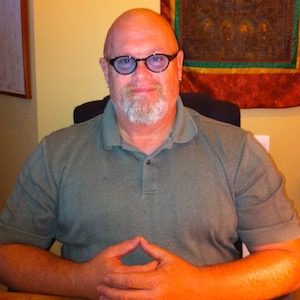
Randy Clere, L.Ac, Dipl.Ac, MNLP
I have practiced Oriental Medicine and related arts for 30+ years and have had a passion and commitment to provide the most effective and highest level of care to each and everyone of my patients.
Throughout the years, I have continued to educate and train with the best teachers in both Eastern and Western traditions of medicine, so that I can become the best therapist/healer in my field. What sets me apart from other acupuncturists is my command of Western anatomy and physiology and the knowledge to translate a Western diagnosis into an Eastern diagnosis and to convey it clearly to my patients.
It is not just enough to be a good “technician” in this great tradition, one has to become a practitioner with “heart”. That involves attention to the self and a “polishing” of heart through meditation, qi gong, tai qi, self-hypnosis and personal development.

